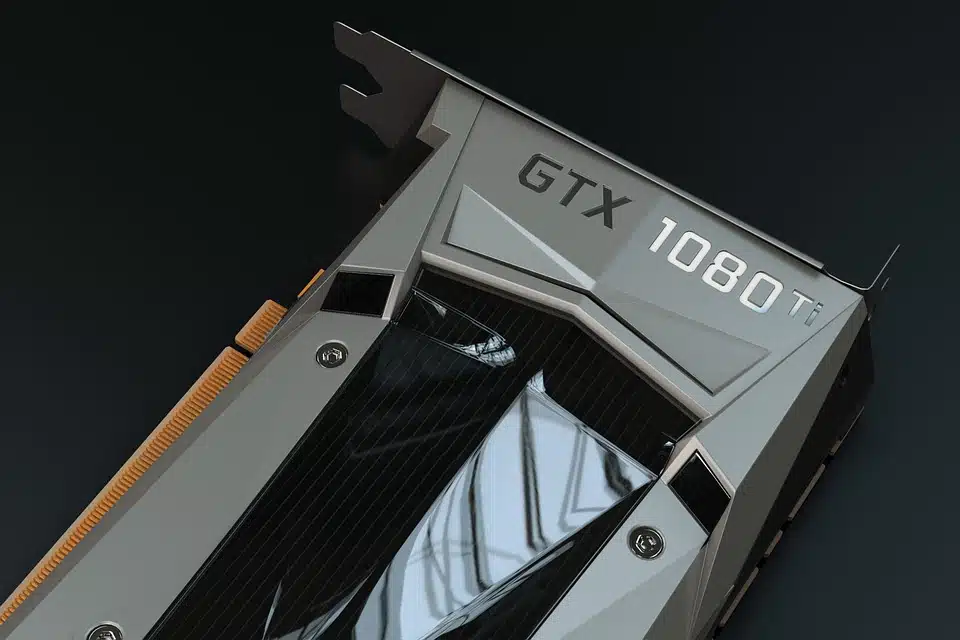Good morning Asia, here’s how the crypto market is moving this Monday. Solana is up early 4% after the protocol crashed twice during the weekend, freezing transactions. The Solana Foundation says an investigation is underway into the cause of the crash and will be available shortly. Meanwhile, bitcoin is trading flat at $23,475. The world’s largest digital asset is up 1.5% in the last 24 hours. Ether is up 2.7% to $1,636.
Katie Stockton, founder, and managing partner at Fairlead Strategies recently said on CoinDesk TV that bitcoin appears “overbought” making it difficult to clear $25,000. “The overbought condition would suggest that that resistance is left intact,” she said. Ether, Stockton says, is looking just like bitcoin. Both are part of a top-down-oriented market where macro forces are price action “as opposed to the fundamental value of things.” “Eth does look just like bitcoin, the range there as defined by resistance around $1,670,” she said.
Joe DiPasquale, CEO of crypto fund manager BitBull Capital, adds that bitcoin is attempting to find support during a minor price correction. “If bitcoin remains in the current range, we are likely to see $25,000 and then $30,000. A rejection from here could see $20,000 first, followed by $18,000,” he said in an email to CoinDesk.
Looking toward next week, the U.S is scheduled to announce its consumer confidence index for February on Tuesday and jobless claims on Thursday. In Asia, the People’s Bank of China will be announcing its balance of trade figures on Tuesday and its inflation rate on Thursday. With the world’s two biggest economies set to announce important economic data over the next week, all eyes will be on crypto to see if it can overcome key resistance levels.
Is there a method to the SEC’s madness? Of all the Securities and Exchange Commission’s (SEC) actions against crypto entities that have stirred the industry’s ire, the agency’s recent move forcing New York-based Paxos to cease issuing its partner Binance’s BUSD stablecoin is the most deserving of an outcry. How, critics rightfully asked, can a token that’s explicitly designed not to fluctuate in price be considered a security?
But a recent account in Fortune suggests the SEC may not have been thinking of securities law at all in that action. Binance was automatically converting competitor-issued stablecoins held by its exchange’s customers’ into BUSD. To me, that looks like an antitrust concern, not one of BUSD being a security.
Now, if there’s one area of enforcement where the crypto community, with its anti-middleman ethos of decentralization, should get behind, it’s prosecution of monopolistic behavior. But that leaves us with the question of why is the SEC getting involved here and not the nation’s trustbuster, the Federal Trade Commission?
I get two takeaways from this: another reminder that, in the absence of clear legislative boundaries for crypto, the SEC is striking out wherever it can to assert authority. It’s partly turf war, partly political posturing during a post-FTX moment in which crypto is a convenient whipping boy. The crypto community has done a lousy job picking its friends and enemies within the U.S. government.
Advocates should simultaneously work with the FTC to enforce a decentralized market structure for their own industry and with their allies in Congress to prevent the SEC from crimping mass adoption and undermining blockchain-based challenges to monopolies in other industries, such as finance and internet platforms. Instead, the industry fixates on the SEC as the bogeyman, a role in which Chairman Gary Gensler has seemed perfectly at home as his agency has launched a flurry of attention-grabbing actions against Binance/Paxos, Kraken, Terra-Luna and now the Voyager Digital creditors.
The SEC’s actions have been a wake-up call for the crypto community to get organized and to start lobbying for effective regulation. The industry needs to work with legislators and regulators to ensure that future legislation and enforcement are effective and well thought out.
Crypto advocates should also focus on educating the public about the potential benefits of blockchain technology and digital assets. There is still a lot of confusion in the mainstream about cryptocurrencies and the industry needs to do a better job of communicating its value proposition.
The SEC’s recent actions have made it clear that it is important for the crypto industry to have a unified voice and to work together to ensure that the industry is regulated in a fair and effective manner. The industry needs to be proactive in engaging with regulators and legislators to ensure that the crypto sector is not over-regulated and that it is allowed to grow and innovate.
The SEC’s recent actions should serve as a reminder to the crypto industry that it needs to be proactive in advocating for itself. The industry needs to come together to ensure that its interests are being considered in the regulatory process and that it is able to continue to grow and innovate in a fair and effective manner.
It is important for the crypto industry to understand that it is not in a vacuum and that its actions can have far-reaching consequences. It is essential that the industry works together to ensure that it is able to continue to grow and innovate in a fair and effective manner.


